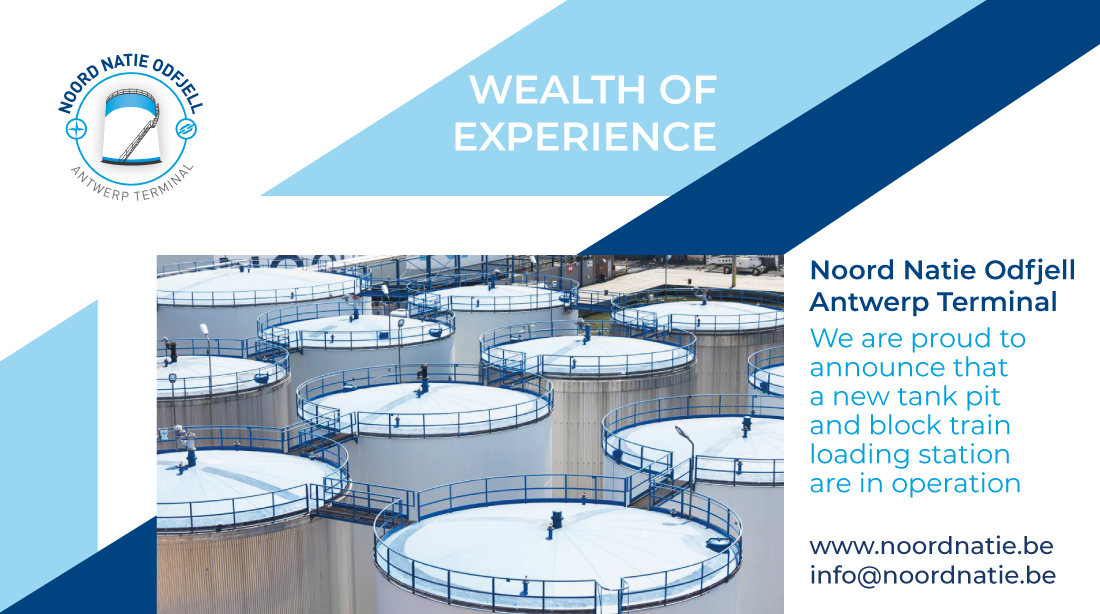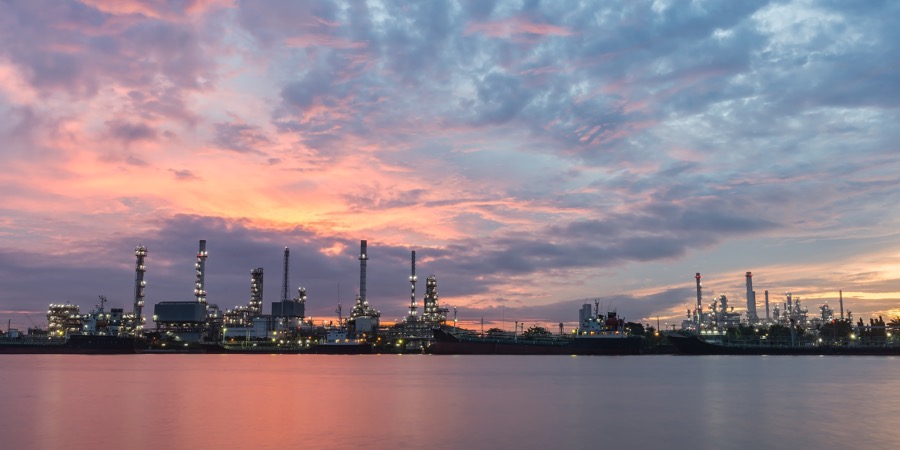Ten private- and public-sector partners met yesterday (21 October) to mark the launch of the North-C-Methanol project. Together, they said they will reduce annual CO2 emissions by 140,000 tons.
They will also generate 44,000 tons of ‘green’ methanol locally, which can be used as feedstock for the chemicals and renewables industries, as well as fuel for ships and trains.
This CO2 reduction is equivalent to the carbon absorption of around six million trees per year. This is a world-class project and is expected to have the largest renewable hydrogen-to-methanol complex in the world.
North-C-Methanol is the first large-scale demo plant that’s part of the North-CCU-Hub programme, representing an investment of EUR 140 million.
The North-CCU-Hub programme has the long-term aim of realising an overall annual reduction in CO2 emissions of one million tons in North Sea Port.
The ten private- and public-sector partners signed the formal collaborative agreement for the North-C-Methanol project to demonstrate the need for a sustainable perspective for the future. It said: “The private partners, together with PMV, will contribute a large part of the investment, and Flemish and European support is also being looked at.”
North-C-Methanol entails the construction of two large-scale demo plants and supporting infrastructure on the Rodenhuize peninsula in North Sea Port. The first plant, a 65-MW electrolyser, is being erected on the ENGIE site.
This hydrogen plant will convert water into green hydrogen and oxygen using wind power. Cedric Osterrieth, director of thermal activities in Europe of ENGIE, said it is a logical choice:“We already have a direct, high-voltage grid link with renewable energy generated by the North Sea winds. We can use this energy to produce hydrogen, which in turn can serve as a renewable raw material.”
The second plant, a Proman methanol plant on the Rodenhuize peninsula, will use this green hydrogen to convert the collected CO2 emissions of major local industrial players, such as ArcelorMittal, Alco Bio Fuel and Yara, into green methanol, also known as renewable methanol.
For more information visit en.northseaport.com












